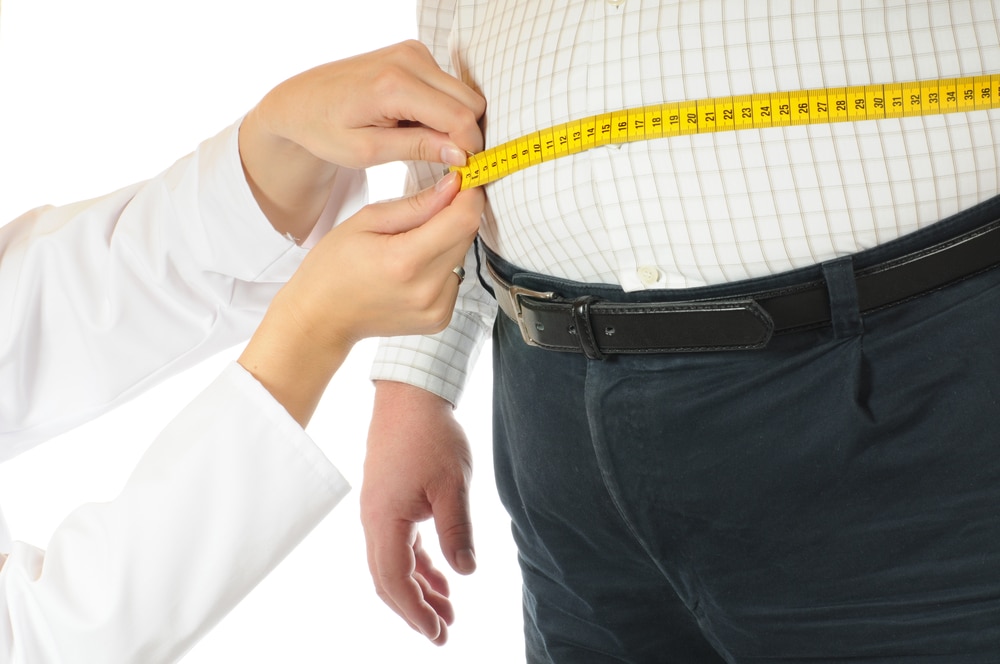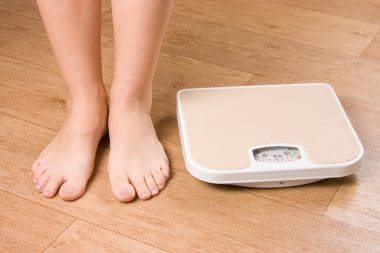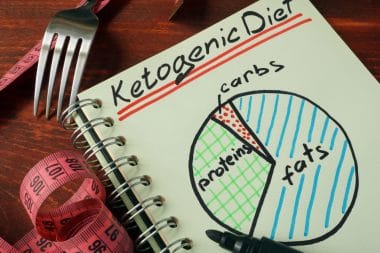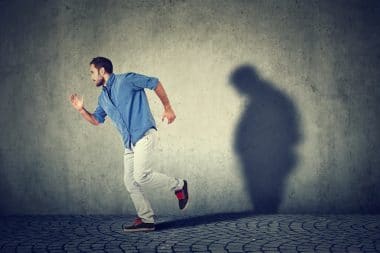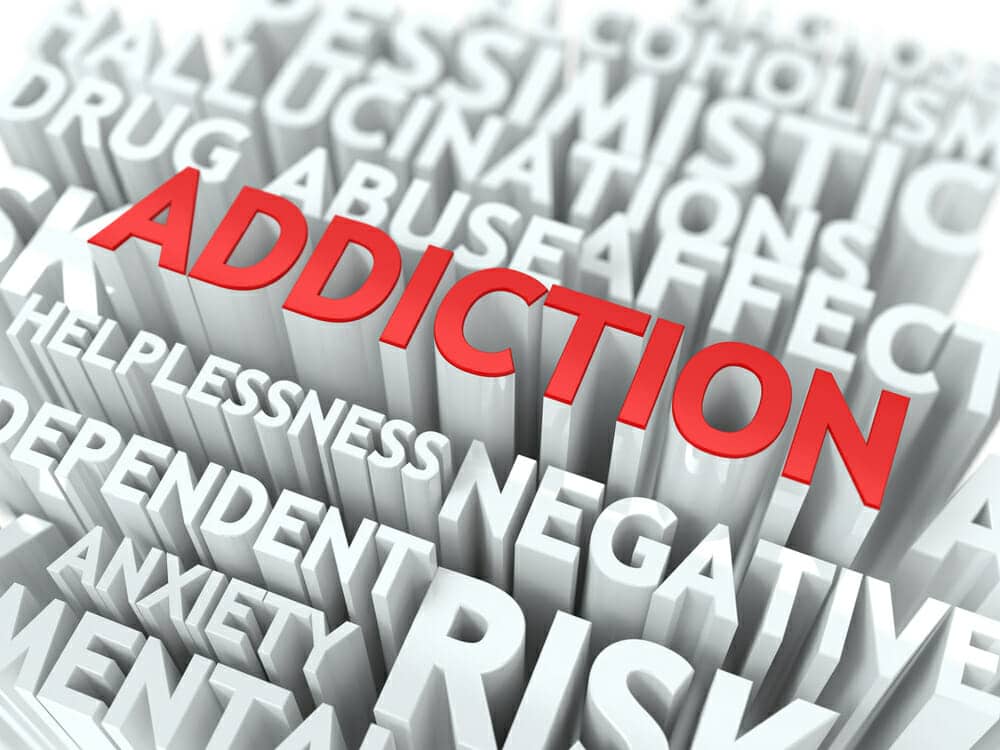American Academy of Pediatrics has been warning parents and medical professionals for years that energy drinks can be harmful for children and adolescents. Recent Report named Energy Drinks: What Teenagers (and Their Doctors) Should Know, published in the journal Pediatrics in Review, confirmed these findings. The pediatricians are now joined by two senators and one US Representative in asking FDA to review the safety of energy drinks for children. Therefore you should consider more healthy energy drinks.
Energy drinks vs. sports drinks
Both energy drinks and sports drinks are widely advertised for teenagers and adolescents and are now a multibillion dollars industry. But, there is little or no knowledge about the difference between the two types of beverages, their effects and potential danger.
Sports drinks are beverages in various flavors, which contain electrolytes (sodium, calcium, potassium and magnesium), carbohydrates, minerals, vitamins and other nutrients. While they can be used for rehydration for young athletes after excessive exercise or competition, there is no reason to use them instead of water after normal children exercise.
Energy drinks contain mostly stimulants, commonly caffeine and sometimes guarana, carbohydrate, protein, sodium, amino acids, vitamins and other additives. Caffeine is well known for its harmful effects on the health of adolescents. The most common problems are dehydration, obesity, digestive problems, anxiety, tachycardia and insomnia. Energy drinks sometimes contain alcohol, but even if they do not, they are commonly consumed mixed with alcohol.
Energy drinks and alcohol
According to a Report published recently by SAMHSA (Substance Abuse and Mental Health Services Administration), energy drink consumption caused two times more visits to the emergency room in 2011 than in 2007. Most patients were teenagers and young adults. About 42 percents of emergency room visits in 2011 were due to the consumption of energy drinks with alcohol or various medications.
Doctors warn that energy drinks have the ability to mask the amount of alcohol consumed, bypassing our natural sense when it is enough and allowing overindulgence.
The latest report published by the American Academy of Pediatrics prompted U.S. Senators Dick Durbin (D-IL) and Richard Blumenthal (D-CT) together with U.S. Representative Ed Markey (D-MA) to write a letter to the Food and Drug Administration (FDA), calling for a new review of the safety of energy drinks.
One of the most popular energy drinks Red Bull has been banned for sale in France for the last nine years, because of too much caffeine as well as an amino acid taurine, which affects metabolism.

